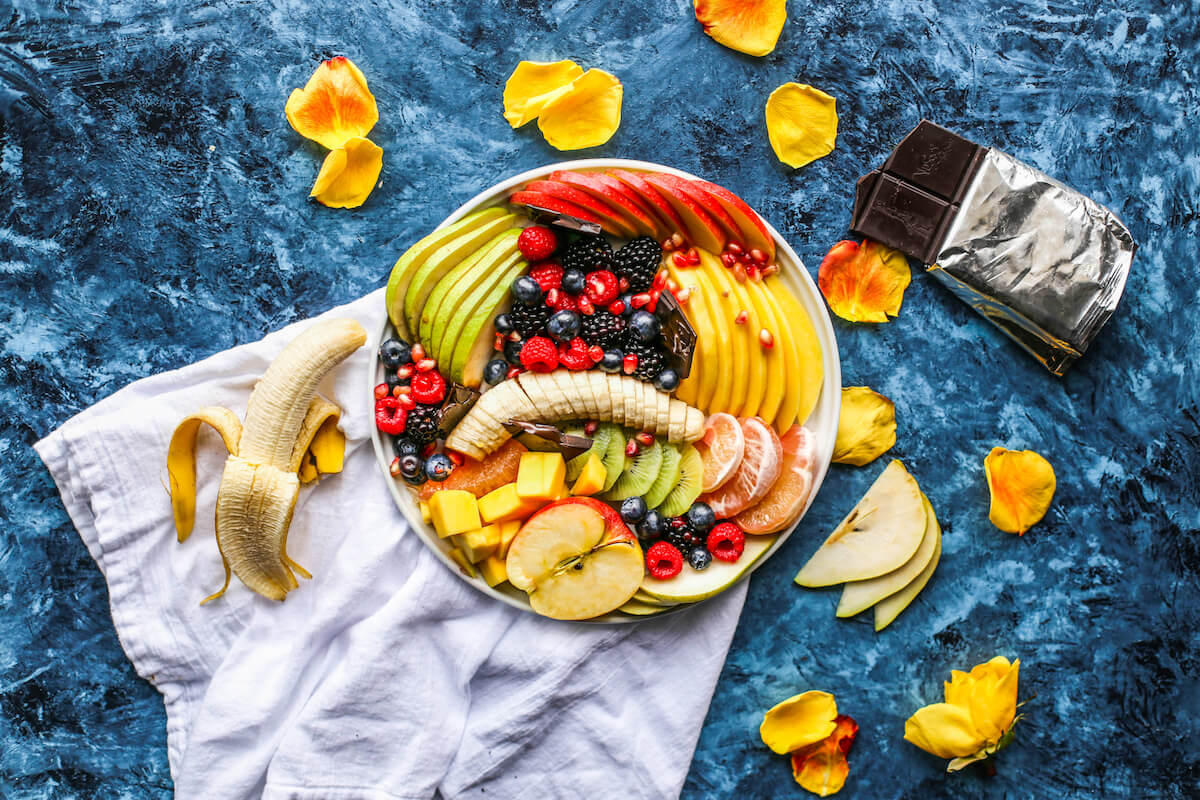So, you had a cheat day. Whether or not you believe in them or budget for them, days when we eat a bit too much, overindulge on drinks and don’t exercise happen to all of us every now and then.
Had one (or two, or three) too many beers watching the big weekend match with your mates? Went back for a third slice of your cousin’s birthday cake? Ate an entire tub of Ben and Jerry’s while bingeing the latest Netflix series? Couldn’t face going out in the cold for a run for a stretch of days in a row? Whatever your cheat day poison, we’re not judging you and you shouldn’t either. Life can be challenging, and sometimes we fall off the wagon now and then.
The effects of eating so much it makes you uncomfortable, not exercising and drinking too much go beyond the physical effects - although those can be unpleasant enough - and can affect your motivation and mental health. The bottom line is that cheat days happen, they don’t have to wreck your progress and you’re not a failure for having one. Here’s our tips on how to get back on track after a cheat day.
Hit reset on your cheat day
Now to deal with the effects of a cheat day. The type of foods eaten on cheat days tend to be salty, sugary, fatty foods that are high in calories and low in nutritional value. And that’s ok! There is nothing wrong with occasionally enjoying these foods - we at Innermost certainly do. But if you’re eating them often enough or in large enough quantities to make you feel negatively about yourself, that means it’s time to take stock.

These types of foods alter your energy levels, your hormones and your mood, meaning that both your mind and your body take a hit. The first step is to make sure you’re properly hydrated, because fast foods, cakes, crisps and fried things are high in salt and sugar, and you’ll feel better and be better able to digest them if you’re hydrated.
The next step will depend on how you’re feeling. If you stayed up late the night before and are perhaps even (whisper it) hungover, consider taking a nap. Ate too much at your cheat meal and are now feeling bloated and full? Hold off on eating again for four to five hours to allow yourself to get properly hungry.
It’s time to get back on track
It sounds simple, but truly, the best way to get back on track after a cheat day is simply to go back to your regular routine. You don’t need to compensate or punish yourself for taking some time off - your body is designed to cope with variety and will manage to restore your equilibrium without you needing to spend a week eating nothing but salad.
However, doing something generally positive and productive could help you to shake off any residual negative energy and put you in a better mood. Try cleaning your house, finishing an important work project or simply making sure you take enough time for yourself in the evenings.
As long as you’re hitting your regular gym routine, getting your daily Innermost protein shakes in and drinking plenty of water, you’ll feel recovered from your cheat day in no time.
Build long-term good habits
It’s important to allow yourself time off from your regular routine - no-one can stick to a schedule 24 hours a day, seven days a week. Events such as holidays, birthdays, special occasions and even weekends will mean that you could potentially deviate from your plan. To stop yourself from freaking out about this, work on building up the mental strength and tenacity to build it into your plan and not beat yourself up.
A good way to avoid this is by avoiding an all-or-nothing mentality. If you’re super strict with yourself with your day to day diet or workout plan, it’s more likely that you’ll see any tiny mistake as a ‘failure’ and feel bad about it. Stay in tune with what makes both your body and your mind feel good. Fitness and wellness wasn’t built in a day, so it’s crucial to remember that it isn’t undone in a day, either. It’s the small, daily steps you take towards your goal that make the difference.


















